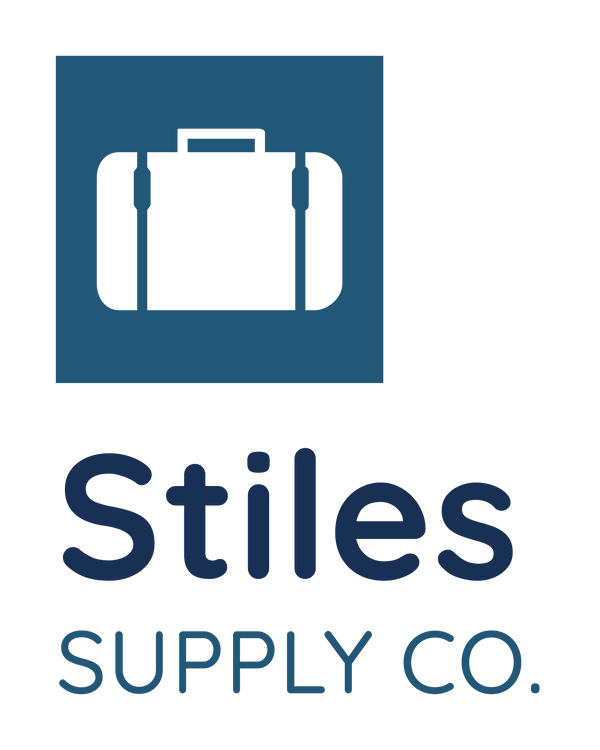
Hardshell Suitcases vs. Soft Shell Suitcases: Weighing the Pros and Cons
Share
Hard or Soft Suitcases? What's Best For Me?
Are you in the market for the perfect travel companion? Well, the debate between hardshell suitcases and soft-shell suitcases has been going on forever. Let's dive into the pros and cons of each option, so you can make an informed choice that suits your travel needs like a glove.
Pros of Hardshell Suitcases:
1. Durability and Protection:
Hardshell suitcases are known for their exceptional durability. With a tough outer shell, they provide excellent protection for your belongings, safeguarding them against impacts, rough handling, and unpredictable weather conditions. Fragile items can breathe a sigh of relief in these sturdy travel partners.
2. Security:
Hardshell suitcases often come with built-in combination locks or TSA-approved locks, ensuring the safety of your valuables. The robust construction and integrated lock mechanisms make it challenging for potential thieves to access your suitcase's contents.
3. Easy Maintenance:
When it comes to maintenance, hardshell suitcases have you covered. They are typically easy to clean and maintain, as they are less prone to stains. A quick wipe with a damp cloth is often enough to keep them looking fresh and ready for your next adventure.
Cons of Hardshell Suitcases:
1. Limited Flexibility:
One drawback of hardshell suitcases is their limited flexibility. The rigid exterior doesn't offer much room for expansion, which can restrict your ability to overpack or accommodate last-minute additions. Additionally, they may not fit well in tight storage spaces or overhead compartments on certain modes of transportation.
2. Weight:
Due to their sturdy materials, hardshell suitcases tend to be heavier than their soft shell counterparts. This can impact your overall luggage weight allowance and make it more challenging to maneuver and transport your suitcase, especially if you have to carry it for extended periods.
Pros of Soft Shell Suitcases:
1. Flexibility and Expandability:
Soft shell suitcases are known for their flexibility, allowing them to adapt to available storage space. Many models also feature expandable compartments, providing extra room when you need it. This flexibility is particularly useful for those who tend to accumulate items during their travels.
2. Lightweight:
If you're conscious of weight restrictions or prefer a lighter load, soft shell suitcases are a great option. They are generally lighter compared to hardshell suitcases, making them easier to carry, especially in situations where you have to navigate crowded airports or uneven terrains.
3. Accessibility:
Soft shell suitcases often come equipped with exterior pockets and compartments, allowing for easy access to frequently needed items such as travel documents, water bottles, or snacks. The flexible material also aids in better organization, making it simpler to pack and locate specific items on the go.
Cons of Soft Shell Suitcases:
1. Less Protection:
While soft shell suitcases offer some level of protection, they are generally not as robust as hardshell suitcases. The softer materials make them more susceptible to damage from impacts, sharp objects, or rough handling. However, many soft shell suitcases now come with water-resistant or waterproof features to address potential moisture-related concerns.
2. Security:
Soft shell suitcases typically rely on zippers for closure, which may not provide the same level of security as the integrated lock systems found in hardshell suitcases. Additional locks or luggage straps can be used to enhance security, but they may not offer the same peace of mind.
Choosing between a hardshell suitcase and a soft-shell suitcase boils down to your personal preferences and specific travel requirements. Consider the level of protection, flexibility, weight, and accessibility that aligns with your needs, so you can embark on your journeys with confidence and peace of mind. Happy travels!
Steven Stiles -Owner
